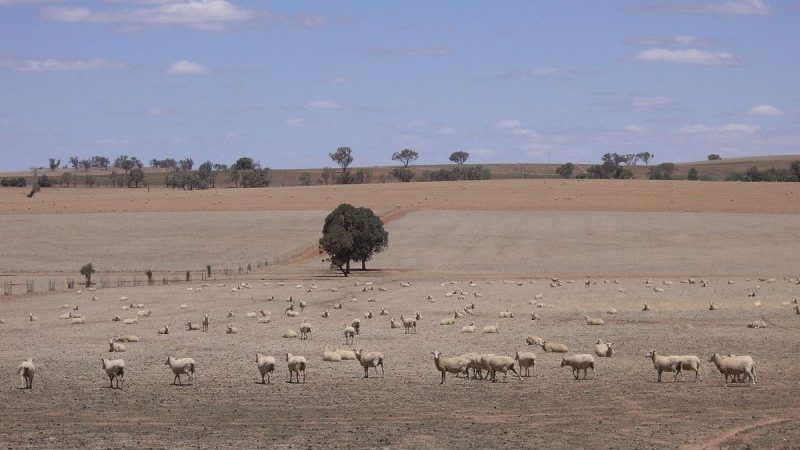It has been a sleepless week for our editor Karl Mathiesen, an Australian in London, gripped by political turmoil back home.
As prime minister Malcolm Turnbull stepped down on Friday, he warned the ruling coalition had been captured by ideologues who made it tough to get any agreement on climate and energy policy. Roll on next year’s federal election.
On Monday, prime minister Turnbull had admitted he could not get support in his party for electricity carbon targets, weak though the proposals were. By the end of the week, he had been ousted.
His successor, Scott Morrison, infamously brandished a lump of coal in parliament last year. He’s no tree-hugger.
It could have been worse for the climate. Morrison narrowly defeated a candidate, Peter Dutton, who raised the alarming prospect of Australia quitting the Paris Agreement. That risk has receded
Climate conversations
Ukraine must embrace renewables to become truly independent – Hans-Josef Fell and Ruslana Lyzhychko
Kerala shows how floods are changing – Daniel Parsons and Christopher Skinner
Call for unity
Latin America is deeply divided on what to do with Venezuela, but surely the need for climate finance is something all countries can agree on.
So argued Uruguay environment minster Eineda de León at the region’s climate week, urging neighbours to work together.
Regional disputes are hampering the region’s representation in key discussions, with two seats on the Green Climate Fund board sitting vacant and Brazil’s candidacy to host next year’s climate talks unconfirmed.
Quote of the week
“In the midst of a global heatwave and with the heart of hurricane season fast approaching, it is discouraging to see the world’s biggest historic emitter further retreat from climate action, to say the least” – Amjad Abdulla, chief negotiator for the Alliance of Small Island States (AOSIS), on the repeal of the US Clean Power Plan
Hot commodity
After years in the doldrums, the EU carbon market finally has some wind in its sails.
The price of pollution has tripled in the past year – and crossed the €20/tonne mark since this article was published – putting pressure on coal power generators.
Carbon Tracker predicts it will reach €40/t in the next five years, driving a switch to cleaner-burning gas. But with uncertainty over the long term outlook, Carbon Market Watch is calling for a carbon price floor to underpin clean investment.
Best of the rest
- The Trump administration revealed its replacement for the US Clean Power Plan, which allows more coal pollution. It justifies the change by ignoring the cost of climate change to the rest of the world and barely valuing the impact on future generations, NYT’s Brad Plumer explains. Think Progress looks at likely legal challenges to the new rule. Miners are grateful for the support but hold no illusions about the industry’s ultimate demise, reports E&E’s Zack Colman from West Virginia.
- Some Arctic ground is no longer freezing in winter, National Geographic reports in an in-depth exclusive with beautiful photographs.
- In another north pole first, the oldest and thickest sea ice is breaking up, writes the Guardian. Oh, and Maersk is trialling its first container voyage along the northern sea route.
- At least there is progress towards phasing out the dirtiest kind of ship fuel in the Arctic, with Russia’s Vladimir Putin supporting a shift to cleaner LNG.
